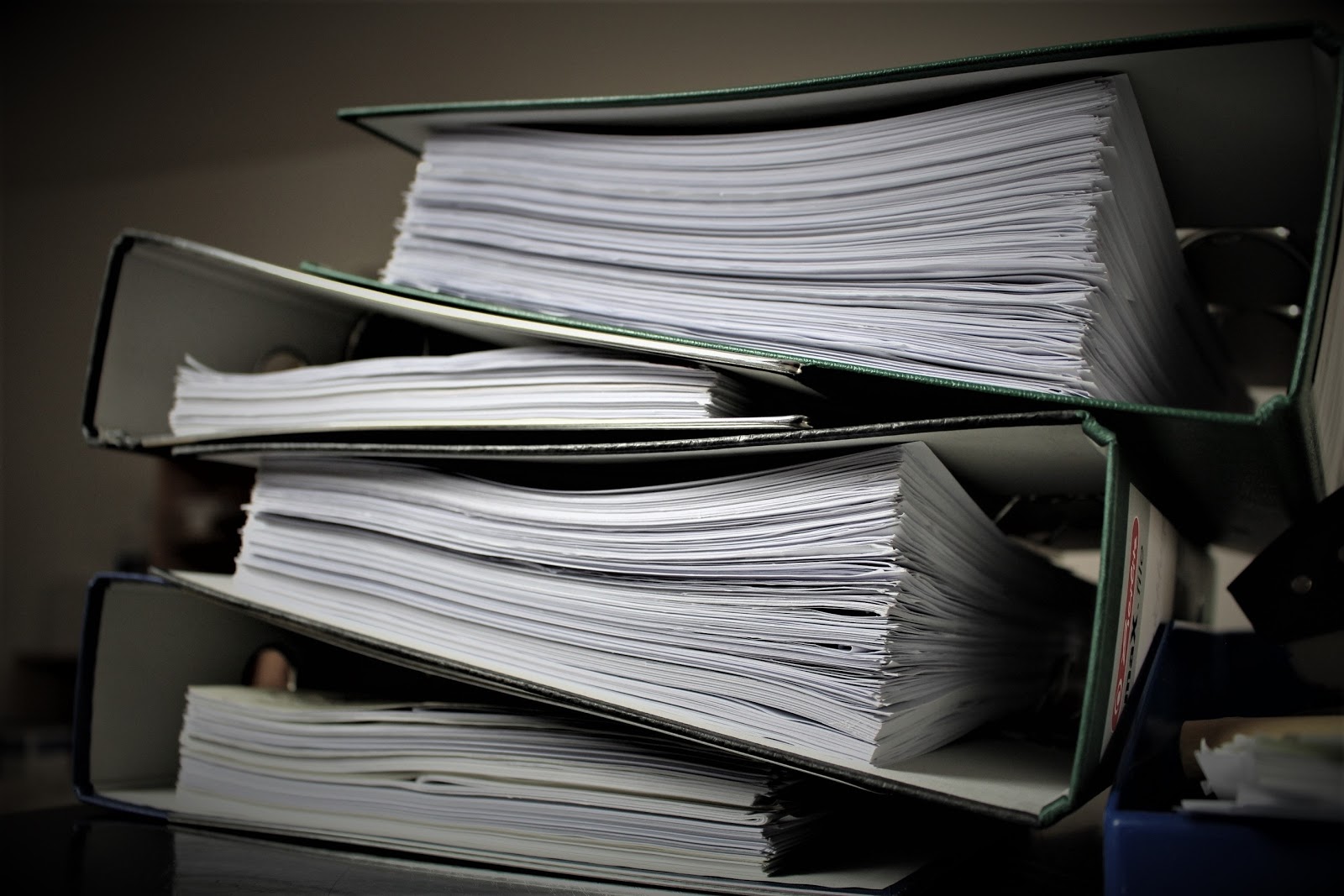Essential Paperwork You Need to Know About

When navigating through life's major events—whether you're buying a home, starting a business, or even handling the affairs of a loved one who has passed away—paperwork plays a pivotal role. Understanding and managing these documents isn't just about keeping your life organized; it's crucial for legal compliance, financial stability, and personal peace of mind. Here’s a comprehensive guide on the essential paperwork you need to know about:
1. Real Estate Documents

If you're delving into the world of property:
- Deed of Trust or Mortgage: These documents detail your agreement with the lender. The Deed of Trust involves three parties—the borrower, lender, and a trustee—and allows the trustee to sell the property if you default on the loan. The Mortgage is a two-party agreement between the lender and borrower.
- Property Deed: This is your proof of ownership. You'll receive one when you purchase a property or when someone passes the title to you.
- Title Insurance: Protects you from future claims against your property's title. It ensures you don't face legal issues due to unknown liens or forged deeds.
2. Legal Documents

Whether you're planning for the future or handling current legal matters:
- Will: A document that outlines how your assets will be distributed after your demise. It can also specify guardians for minor children.
- Power of Attorney: Grants someone else the authority to make decisions on your behalf if you're unable to do so. This can cover financial decisions, medical decisions, or both.
- Advance Healthcare Directive: Details your wishes for medical treatment should you become incapacitated.
3. Business Documents

For those embarking on entrepreneurial ventures or already running a business:
- Business License: Depending on your location and type of business, you might need one or more licenses.
- Articles of Incorporation/Organization: The founding document of your corporation or LLC, filed with the state.
- Operating Agreement/Bylaws: Governs how your business operates, detailing things like ownership, decision-making, and profit distribution.
- Employment Contracts: Necessary when hiring employees, specifying terms of employment, confidentiality, non-compete clauses, etc.
4. Financial Documents

Your financial health depends on these:
- Tax Returns: Keep copies of your federal, state, and local tax returns for at least 7 years.
- Bank Statements: These should be kept for at least a year, but indefinitely if they include important transactions.
- Investment Records: Keep track of buys and sells, dividends, and capital gains for tax purposes.
| Document | Purpose | Retention Period |
|---|---|---|
| Deed | Proof of Property Ownership | Indefinitely |
| Will | Estate Distribution | Original with Lawyer or Secure Location |
| Business License | Legal Operation | While Active |
| Bank Statements | Transaction Records | 1 Year, or Indefinitely for Important Transactions |

📝 Note: Always consult with legal or financial advisors to ensure documents are current and legally compliant.
In this digital age, keeping physical copies of essential documents is still crucial, though digital backups are also recommended. As life unfolds, new documents will emerge, making it essential to adapt your document management practices. Remember, the key to managing these essential paperwork items isn’t just about organizing them but understanding their significance in different phases of life. Whether for legal protection, financial management, or personal legacy, these documents shape how we navigate our existence, ensuring that our wishes are respected, our properties are protected, and our businesses thrive. Taking care of this paperwork with diligence ensures that you’re ready for whatever the future holds, providing a sense of control over the unpredictable.
What happens if I lose my property deed?

+
Your property title is public record. You can get a replacement deed from the local government office or hire an attorney to help you obtain a new copy.
Do I need to review my will often?

+
Yes, it’s advisable to review your will after major life changes like births, marriages, divorces, or significant asset acquisitions. Regular reviews ensure your will reflects your current wishes and circumstances.
Can I create my business documents myself?

+
While there are resources and templates available, it’s safer to work with a lawyer or use legal document creation services to ensure compliance with all local laws and regulations.



